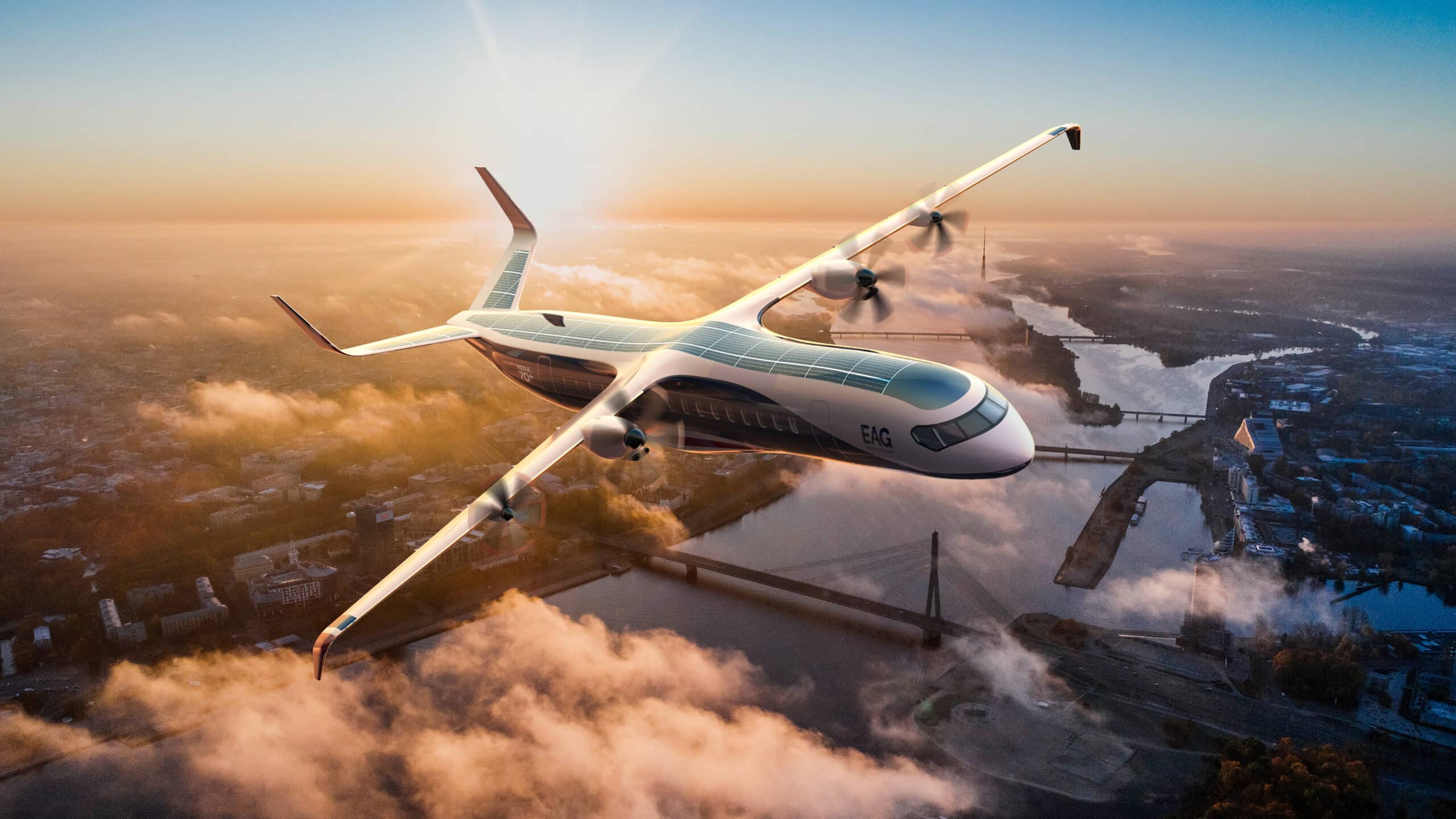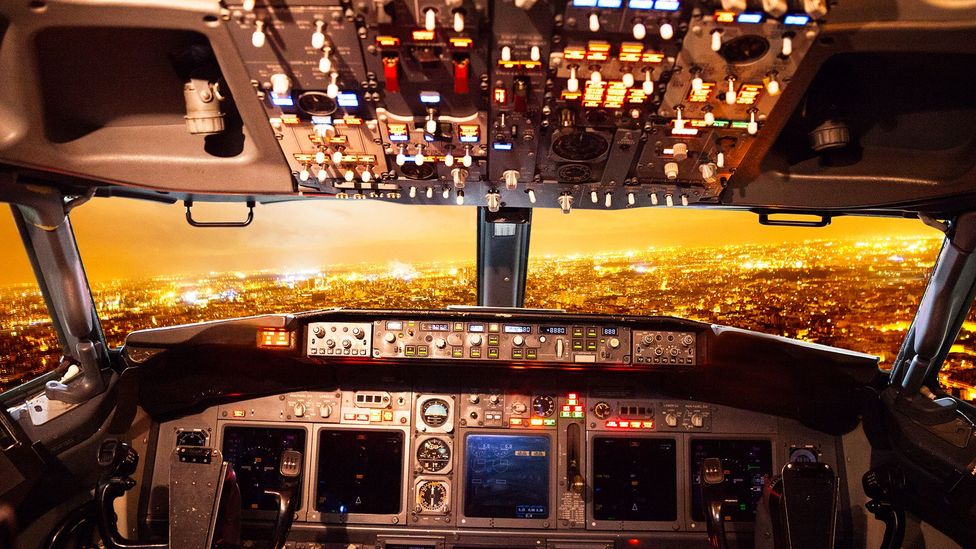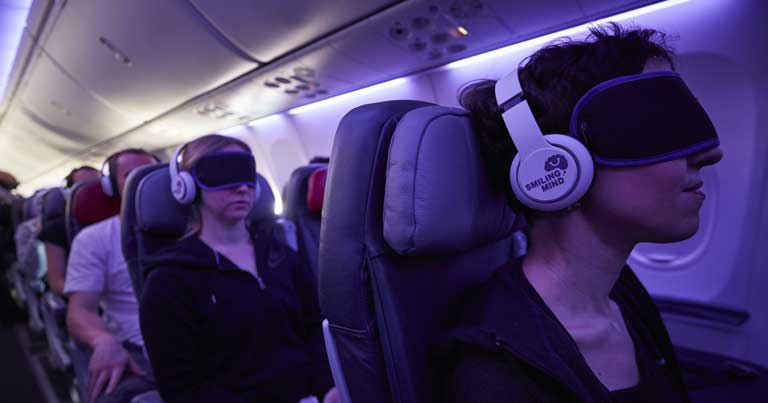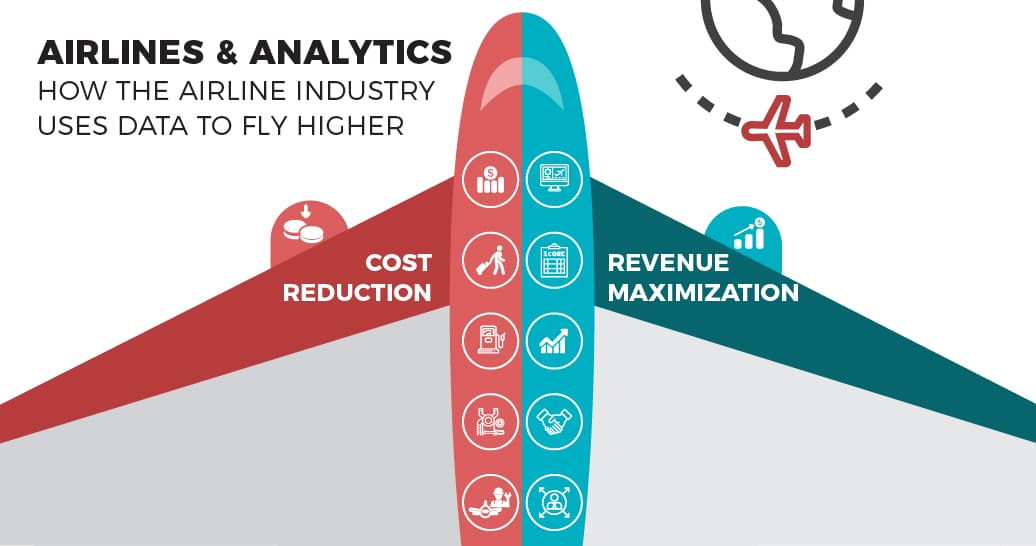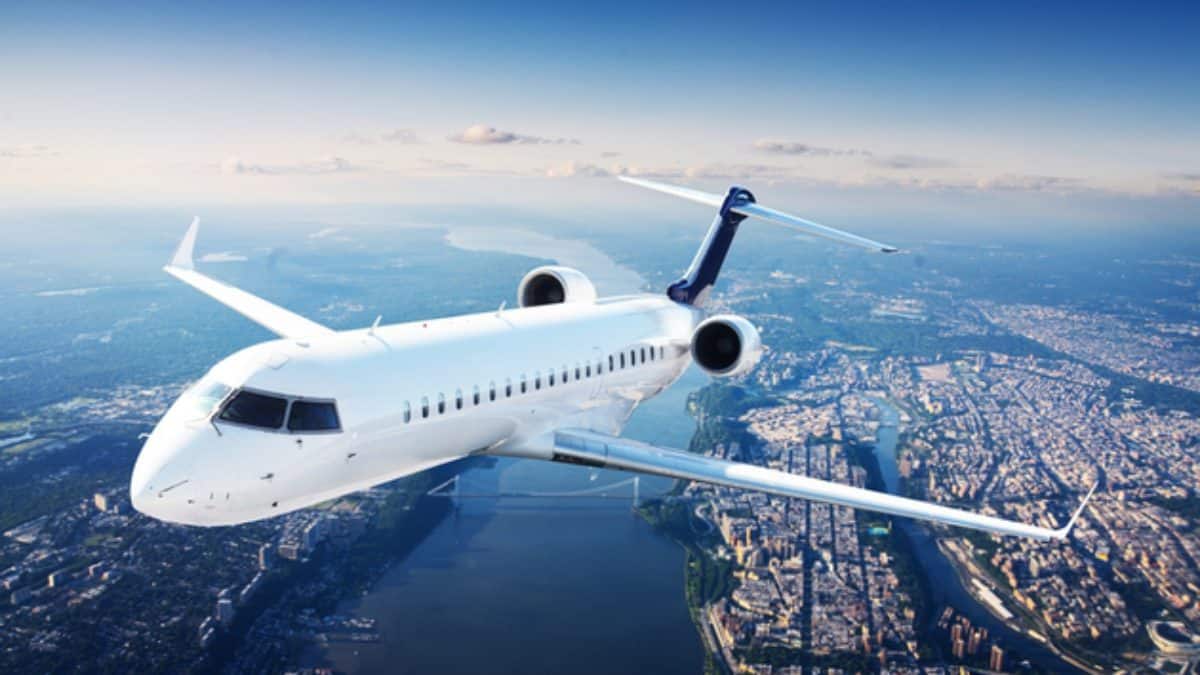Ireland’s Aviation and Aircraft Finance Industry in 2023
To celebrate the return of the Airline Economics Growth Frontiers Conference in Dublin in this month we wanted to take a closer look at the status of the industry in Ireland at present. The Irish aircraft leasing industry continues to be a significant and rapidly growing sector. Ireland is home to several major aircraft leasing companies, such as AerCap, Avalon, GECAS, Air Lease Corporation and SMBC Aviation Capital, which are among the largest aircraft leasing companies in the world.
The demand for aircraft leasing services from airlines and other operators continued to be high through 2022, this is traditionally due to the high cost of purchasing aircraft and the flexibility that leasing provides for operators to match their fleet size and composition to changes in demand. With the predicted increases in demand due for 2023 the Irish aircraft leasing industry is ever evolving the use of digital technologies to manage the leasing process. This includes the use of digital platforms for aircraft valuations, lease negotiations, and portfolio management. In addition, there is also a trend of the Irish aircraft leasing companies expanding their portfolios to include newer, more fuel-efficient aircraft, as well as investing in the development of technologies such as electric and hybrid aircraft.
With the growing concern about the environmental impact of air travel, leasing companies are also exploring more sustainable options for aircraft financing, such as green leasing and sustainable finance over the coming years.
It is worth noting that like any other industry the aircraft leasing industry was also affected by the Covid-19 pandemic, which resulted in a decline in demand for air travel and thus a decline in demand for aircraft leasing services, but, the aviation industry is constantly evolving, and 2023 promises to bring a number of exciting new trends to the forefront. The industry is currently undergoing a massive overhaul in how it operates. But with the war in Ukraine now impacting the cost of travel, how can the aviation industry entice passengers to once again travel and travel frequently at that:
1. Increased use of electric and hybrid aircraft: With the increasing focus on reducing carbon emissions and improving air quality, we can expect to see more electric and hybrid aircraft entering the market. These aircraft are powered by batteries and electric motors, and have the potential to significantly reduce emissions and noise pollution.
2. Advancements in autonomous technology: Autonomous technology is already being used in some aircraft for tasks such as take-off and landing, and we can expect to see more widespread use of this technology in the future. This will not only make flying safer, but also more efficient by reducing the need for human pilots.
3. Greater focus on passenger experience: Airlines are increasingly focused on improving the passenger experience, whether that’s through offering more comfortable seating, more entertainment options, or more personalised service. Expect to see more airlines investing in new technologies to improve the passenger experience.
4. Increased use of data analytics: Airlines are using data analytics to improve operations and make better business decisions. This data can be used to optimise flight routes, identify potential maintenance issues and predict demand. With the increased use of data analytics, airlines will be able to operate more efficiently and make more informed decisions.
5. Growing popularity of low-cost long-haul flights: Low-cost carriers are increasingly expanding into long-haul routes, making international travel more affordable for more people. Expect to see more airlines offering low-cost long-haul flights in the coming year.
Overall, the aviation industry is evolving at a rapid pace, and 2023 promises to bring a number of exciting new developments. From advancements in electric and autonomous technology to increased focus on passenger experience, it’s an exciting time to be a part of the journey.




